For Parents

Imagine not having to worry that your child will develop an allergy to peanuts and the lifetime of anxiety and fear that come with it. Fortunately, feeding small amounts of peanut foods to your infant early and often—typically starting around 4-6 months of age—can have life-changing effects.
Most babies are not at high risk for developing a peanut allergy, but the prevention window is short and closes early. All babies may benefit from eating peanut foods in their first year, not just those with risk factors. It’s important to know the right path for your child, and it’s critical to get started early.
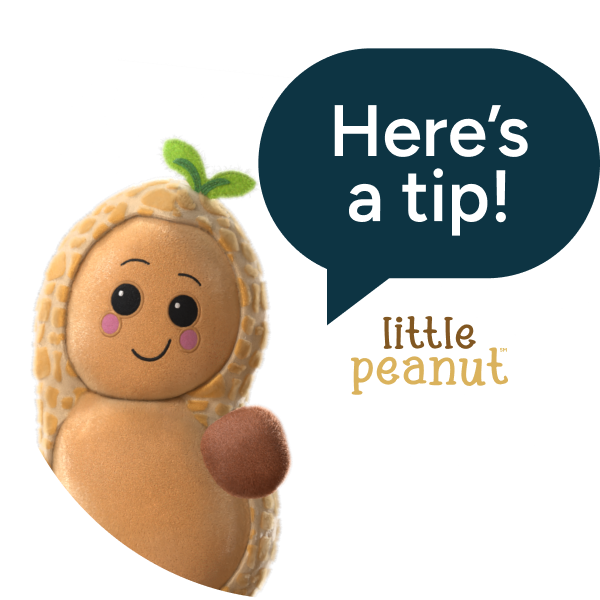
It's called early introduction for a reason. Don't delay.
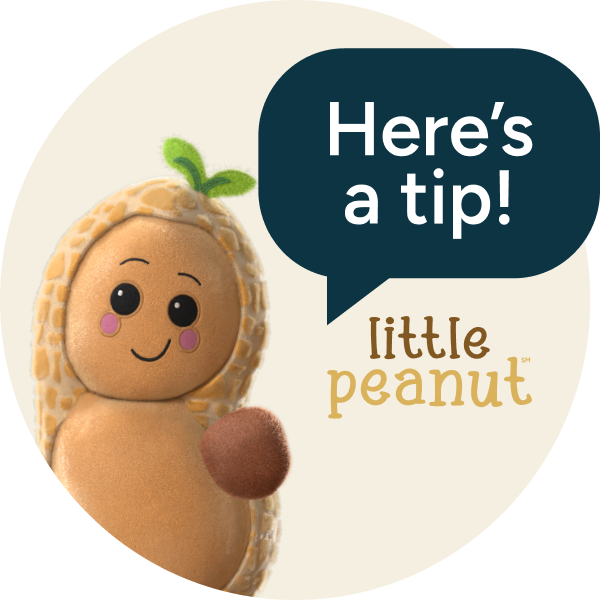
Starting early - and staying consistent - is the key!
What’s right for my child?
- Begin introducing peanut foods to your baby when they are 4-6 months old, based on their risk factors and after they have started other solid foods. Consider your family's preferences and cultural practices.
- Severe eczema, an egg allergy, or both are indicators of increased risk for developing a peanut allergy. Consult with your child’s healthcare provider before proceeding. Don’t delay.
- While very unlikely, understand the symptoms of a severe reaction and what to do just in case.

How Do We Know It Works?
In 2015, the Learning Early About Peanut Allergy (LEAP) Study—followed by LEAP-ON (2016) and LEAP-Trio (2024)—demonstrated that early introduction can reduce the risk of peanut allergy by up to 86% and provide protection from a peanut allergy into adolescence. Based on LEAP, NIAID released Addendum Guidelines in 2017. Today, the practice is encouraged by the American Academy of Pediatrics and the Dietary Guidelines for Americans, 2020-2025.
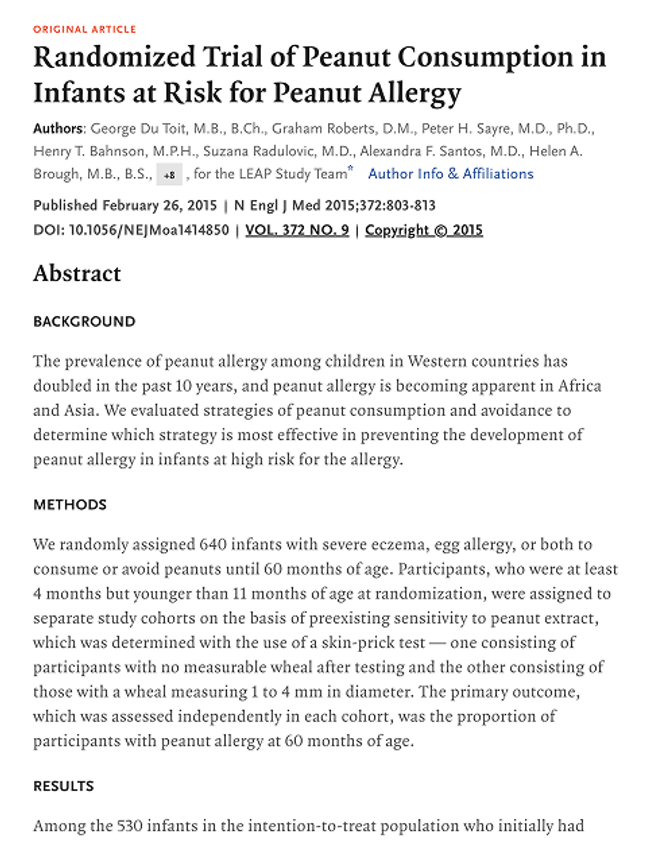
5 Easy Ways to Introduce Peanut Foods (and Methods to Avoid)
Introducing peanut foods can be simple, easy, and fun. Take inspiration from these five ideas to get your little one enjoying peanut foods early and often:

Thin with breast milk, water, or formula:
Thin 2 tsp. of peanut butter with 2-3 tsp. of breast milk, hot water, or formula. Allow to cool before serving.
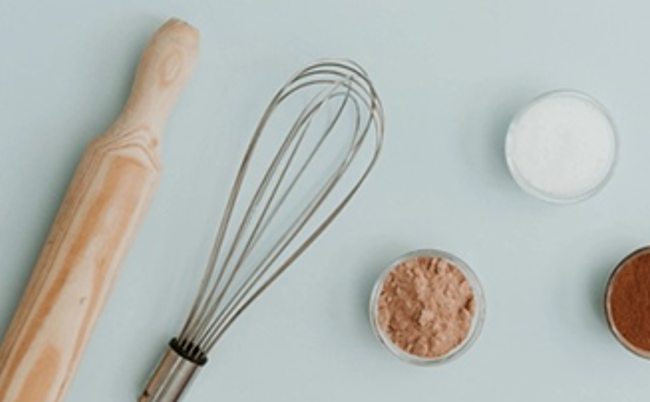
Mix with food:
Blend 2 tsp. of peanut butter into 2-3 tbsp. of foods like infant cereal, applesauce, yogurt (if already eating dairy), pureed chicken, or tofu.
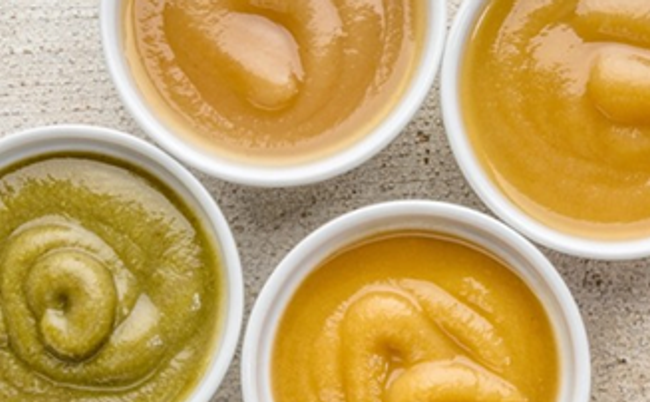
Mix with produce:
Stir 2 tsp. of powdered peanut butter into 2 tbsp. of previously tolerated pureed fruits or vegetables.
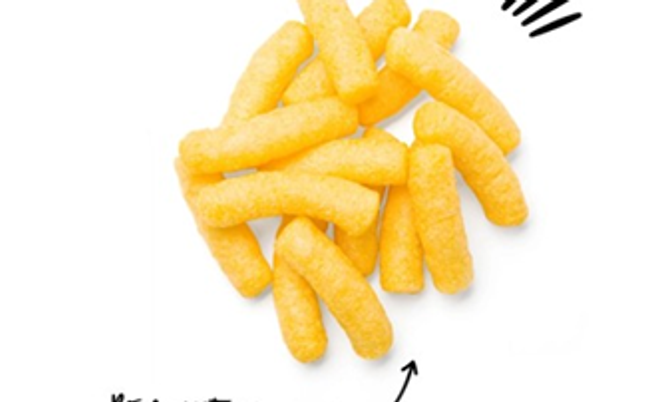
Peanut snacks:
Give your baby a peanut-containing teething food, such as peanut puffs.
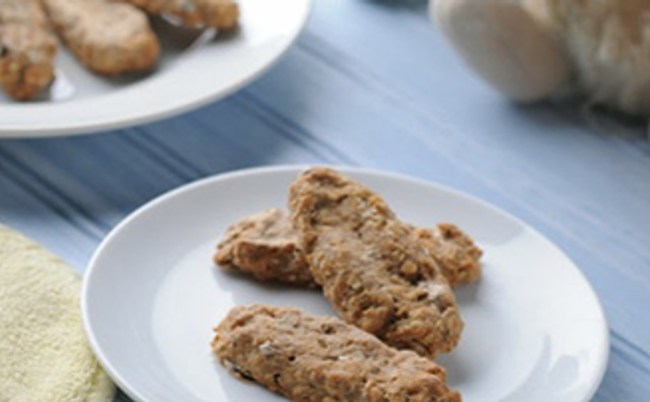
Teething biscuits:
Teething infants who are older and self-feeding may enjoy homemade peanut butter teething biscuits.

What to know about early peanut introduction
- Early and often are the keys to success. Feeding 2 oz. of baby-safe peanut-containing foods 2 to 3 times per week is optimal for risk reduction.
- Whole nuts should not be given to children under 5 years of age due to choking risk. Also, do not give peanut butter from a spoon or in lumps/dollops to children under 4 years of age.

Do not add peanut butter or peanut powder to a bottle. Always spoon-feed the mixture to prevent choking.

Preventing Peanut Allergy

Peanut Allergy Mom Shares Importance Of Early Peanut Introduction

How To Introduce Peanuts To Babies Early